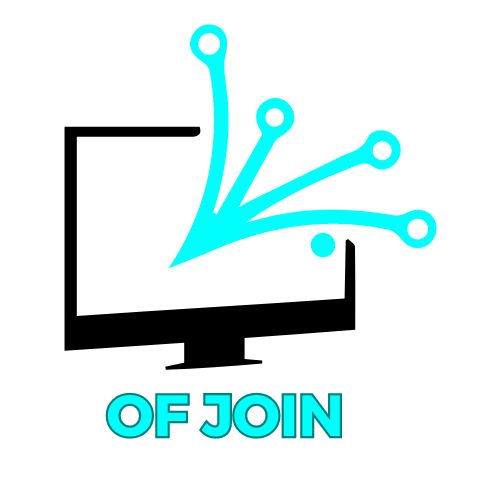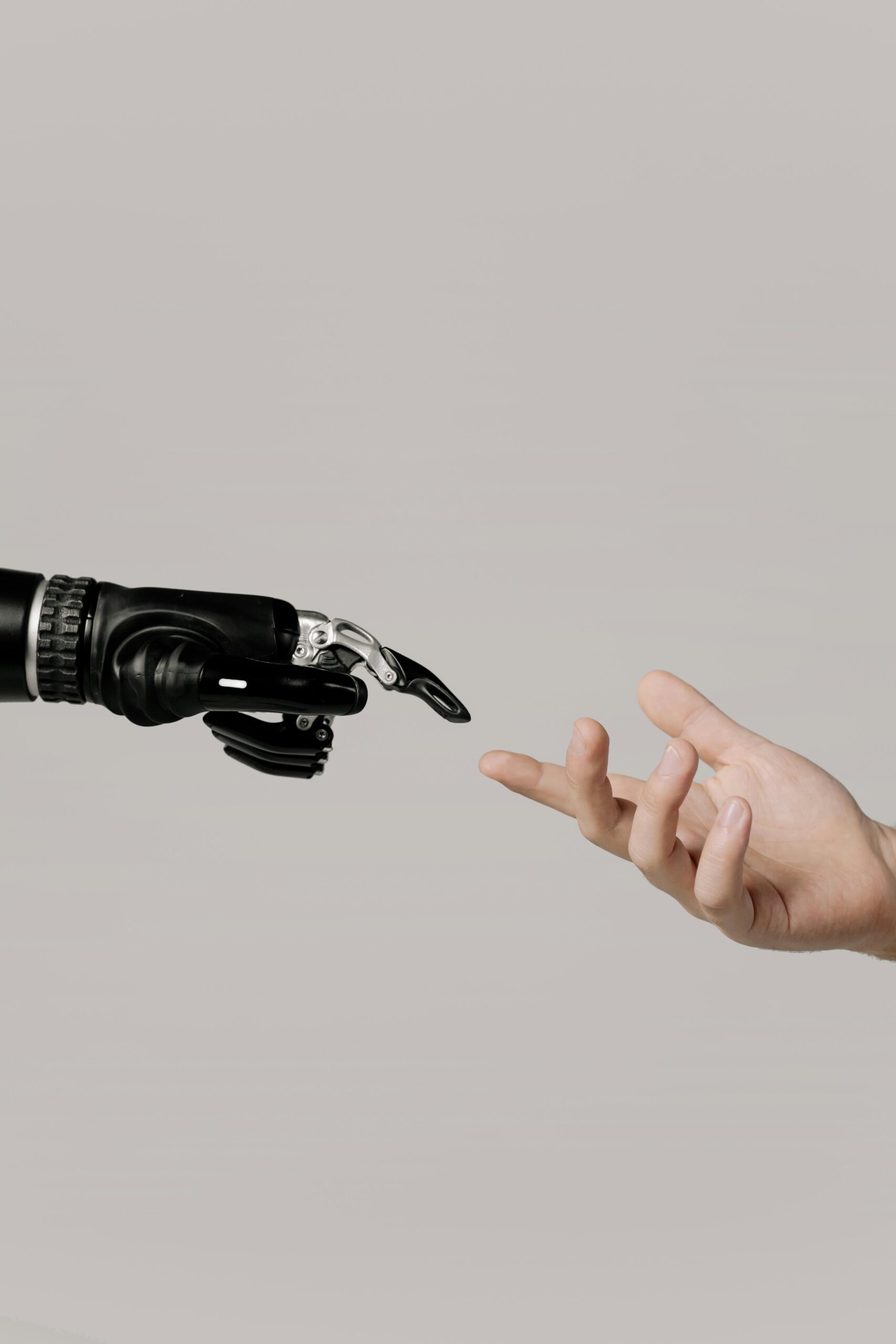The Ethics of Automation: What Happens When Humans Are Out of the Loop?
In today’s fast-moving digital economy, automation isn’t just a buzzword—it’s a business strategy. From chatbots handling customer service to software managing supply chains, automation has transformed how companies operate. While the efficiencies and cost savings are undeniable, there’s a deeper question companies can no longer avoid: What happens when humans are no longer part of the loop?
At the heart of this conversation is a tension between progress and responsibility. As we automate more tasks, we have to consider not just what’s possible—but what’s ethical.
The Appeal of Full Automation
Let’s be honest: automation is attractive. Machines don’t call out sick, take vacations, or ask for raises. They can process data faster than any human and run 24/7. For business leaders, that means reduced overhead, faster decision-making, and scalable solutions.
Industries from manufacturing to finance to healthcare are investing billions in automation to optimize everything from production lines to patient records. But as businesses shift toward relying more on algorithms and AI, they risk losing something valuable: human judgment.
The Role of Human Oversight
Take the example of automated resume scanners. Many companies use them to weed out unqualified applicants quickly. But what happens when a qualified candidate is overlooked because their resume doesn’t use the “right” keywords? Or when the algorithm unintentionally favors candidates from certain backgrounds?
Without human oversight, automation can reinforce bias rather than eliminate it. What seems like an efficient solution can quietly become a systemic problem—one that’s hard to spot until it’s too late.
In customer service, chatbots are often the first line of interaction. While many are helpful for routine questions, they often fail to handle nuanced situations that require empathy or creative problem-solving. When customers can’t get through to a real person, their trust erodes—and your brand reputation suffers.
When Automation Crosses the Line
Perhaps the most controversial use of automation is in areas like law enforcement or hiring, where decisions have long-term impacts on people’s lives. Predictive policing tools, for example, use historical crime data to forecast future incidents. But if that data is already biased, the automation simply amplifies injustice.
There’s also growing concern about the use of automation in surveillance and workplace monitoring. Some companies now use software to track employee productivity, monitor keystrokes, or even use facial recognition to detect “disengagement.” These practices raise serious questions about privacy, consent, and dignity in the workplace.
Ethics as a Competitive Advantage
Rather than treating ethics as an obstacle, forward-thinking businesses are using it as a competitive advantage. Consumers are increasingly drawn to companies that balance innovation with integrity. According to a 2022 Deloitte survey, 58% of consumers said they’d be more loyal to companies that clearly demonstrate ethical AI use.
This is an opportunity. By creating internal ethics boards, conducting audits of automated systems, and maintaining clear documentation of how decisions are made, companies can stay ahead of regulation and build lasting trust with customers and employees.
Keeping Humans in the Loop
The future of automation shouldn’t be about removing humans—it should be about enhancing them. A better model is human-in-the-loop (HITL) systems, where automation handles routine tasks, and humans step in when judgment, empathy, or creativity are needed.
For example, in the medical field, AI can analyze scans and flag anomalies faster than a radiologist—but it’s still the doctor who makes the final diagnosis. That’s the kind of balance that ensures both speed and safety.
Automation can be a powerful force for growth, but without ethical guardrails, it risks doing more harm than good. As companies continue to evolve, the smartest ones will remember that trust, transparency, and human values are just as important as data and efficiency.
The future isn’t machine vs. human—it’s machine plus human. And the companies that get that right will be the ones that thrive in the long run.







